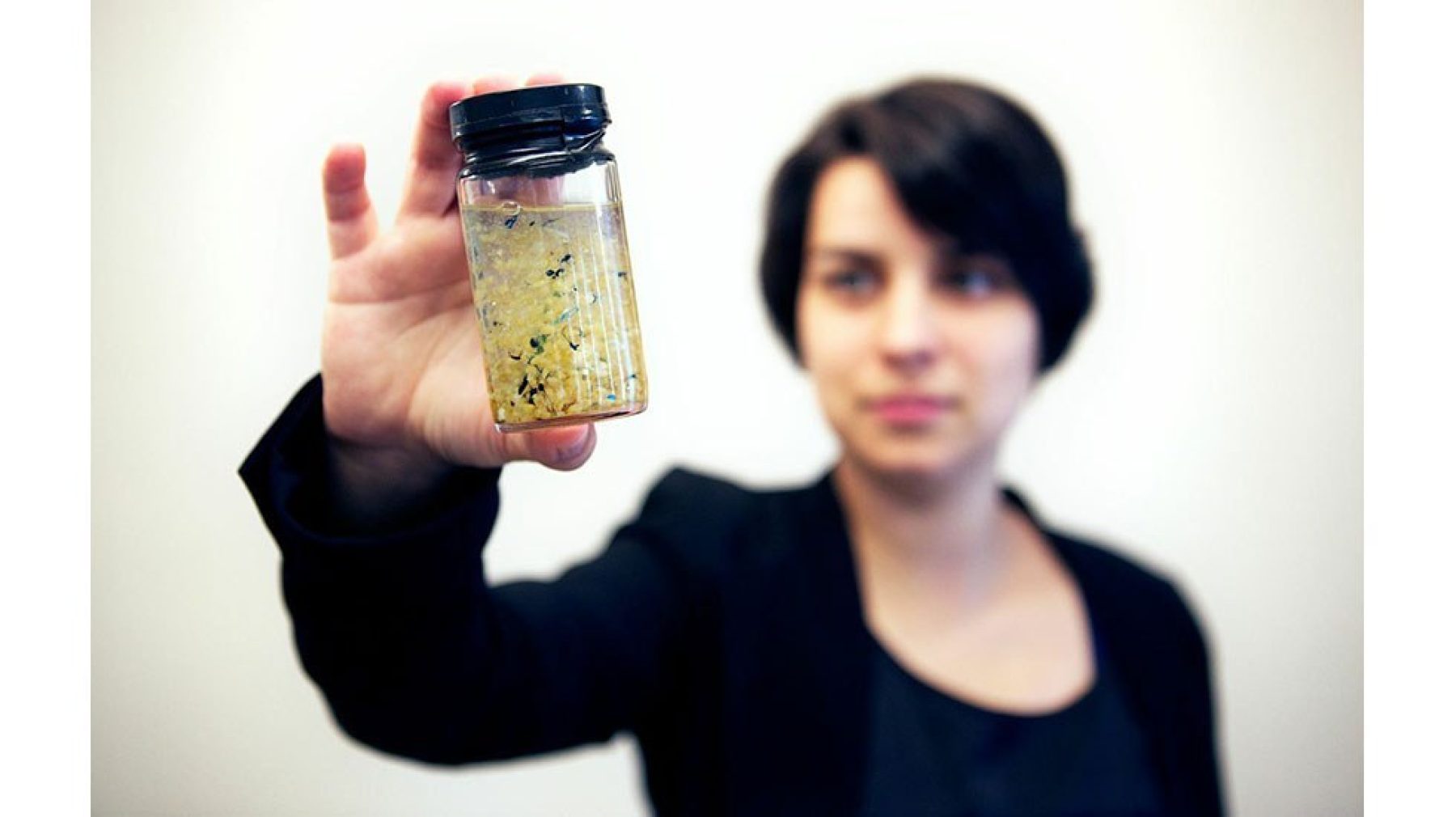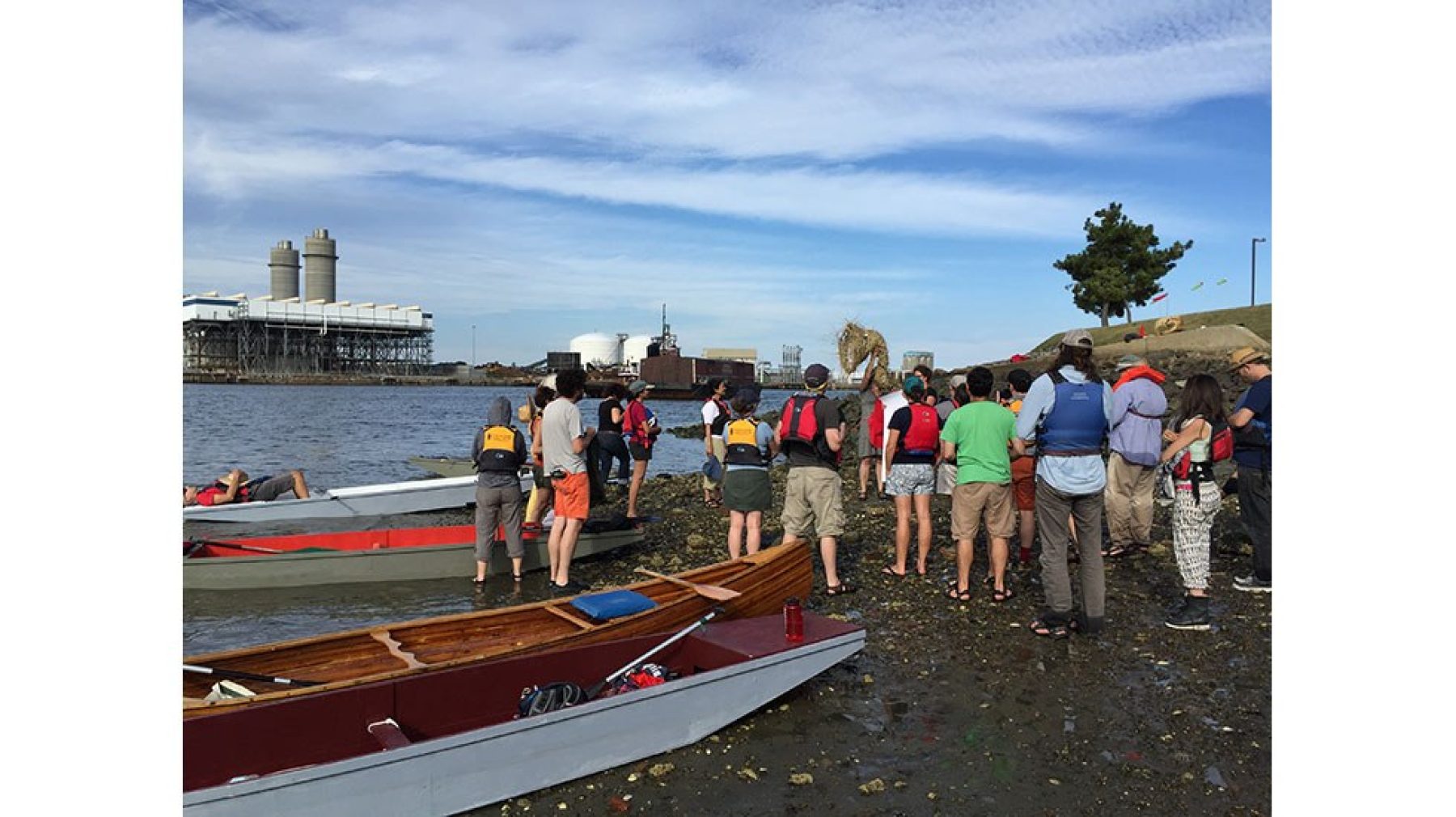This program happened on September 11, 2015.
Mare Liberum and Max Liboiron

Max Liboiron
Plastics have been found in every ocean in the world. Over 90% of these plastics are smaller than a grain of rice and are dispersed unevenly throughout the water column, making them difficult to see. Moreover, several recent studies have found that massive amounts of microplastics are somehow missing from the surface of oceans. Perhaps they have sunk, been eaten by animals, or have broken down into fragments so minuscule they are not counted in samples. The difficulties of counting and accounting for ocean plastics has lead to scientific and policy controversies about the severity of the problem and what might be done to mitigate it. Given the difficulties making ocean plastics manifest, scientists and activists are using different techniques to make plastic pollution visible and “charismatic” enough for action.
Mare Liberum invites scholar, activist, and artist Max Liboiron as part of their exhibition and residency, or, The Other Island. Liboiron provides an overview of the science of marine plastics and shows some of the citizen-science tools Civic Laboratory that have developed to make plastics apparent and charismatic in the extreme environments of Newfoundland, Canada. More exhibition programs, including boat Public Boatbuilding Workshops and Lunchtime Talks here.
Max Liboiron
Max Liboiron is an Assistant Professor at Memorial University of Newfoundland. Her research focuses on how harmful yet invisible threats such as disasters, toxicants, and marine plastics become visible in science and activism, and how these methods of representation relate to action. Liboiron is founder and director of Civic Laboratory for Environmental Action Research (CLEAR), which creates action-oriented citizen science technologies for environmental monitoring of pollution and waste; and is managing editor of the Discard Studies Blog, a public forum for a variety of audiences interested in waste and pollution.
Archive
Explore more of our rich history through our archive.
